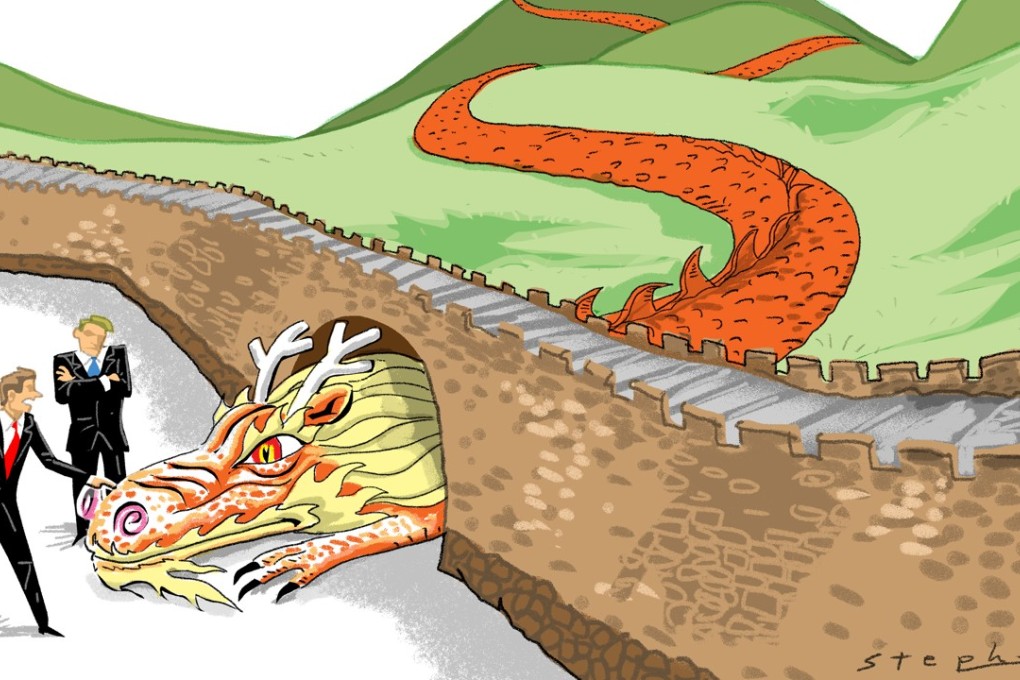Advertisement
Opinion | How US-China disputes on trade, Taiwan and the South China Sea are driven by Washington’s new generation
Douglas H. Paal says officials in the US government are today much warier of Beijing, thanks to fresh memories of Xi Jinping’s power grab and its territorial ambitions, compared with those who have now retired who had experience of pre-reform China
Reading Time:4 minutes
Why you can trust SCMP
0

As the trade war commences between the United States and China, many Western commentators are noting that Beijing can blame itself for a lot of the tension rising in economics and beyond. China’s authoritarian and mercantilist drift at home and aggressiveness abroad are discrediting American advocates of engagement and bolstering proponents of a new cold war across a broad political spectrum.
One aspect of this transition in relations that I have not seen noticed by my Chinese friends is something that was driven home to me vividly this past summer during seminars with officials who recently left the US government. An important generational milestone has been passed without drawing attention to itself.
Across the American government, in every agency and regardless of party identification, those with experience with pre-reform China have retired and been replaced by much younger officials with no personal memory of the “three communiqués” that are the foundation of US-China relations. They did not witness Deng Xiaoping’s “hide and bide” low-key approach to foreign affairs. They did not see how the Chinese people escaped the extremes of the Cultural Revolution.
China’s Foreign Minister Wang Yi urges US counterpart Mike Pompeo to stop “wrong actions and words”
Most serving American officials today have worked on China-related issues for about 10 years or less. The China they know started with the eye-popping Beijing Olympics in 2008, not with Nixon’s bold trip to open relations with an impoverished, backward nation. The context is not that of Nixon, seeking to counter the Soviet Union while extricating the US from Vietnam, but of a strong, rising China striving to reshape Asia at American expense.
In those 10 years, their experience has included the unfulfilled promise of continued economic reforms in China and rising complaints from the American business community about market exclusion and intellectual property theft. The long-standing business coalitions that repeatedly lobbied the administration and Congress to seek positive relations with Beijing over decades have deliquesced, leaving the floor primarily to critics.
The current generation of officials saw their own records stolen by Chinese cyber thieves from the Office of Personnel Management in 2015. For them, that makes the risks personal, not somebody else’s.
Advertisement
Select Voice
Choose your listening speed
Get through articles 2-3x faster
1.1x
220 WPM
Slow
Normal
Fast
1.1x
